Mountain bike: the ultimate maintenance guide
In this Article
Posted on April 11, 2022
This is spring again. The days of greyness are (almost) behind us and the paths become our favorite playground again. Before you venture there, do not neglect your favorite bike to take advantage of all the advantages it can offer you. If you keep your mountain bike clean, lubricated and adjusted, it will give you hours of happiness.
The maintenance of your mountain bike may seem difficult, with its dozens of components, sometimes difficult to access! But the essential work can be fun and rewarding. With a few tools and a regular routine, maintaining your mountain bike in good condition is quite simple. The most important thing is to be disciplined and regular because dirt and grime, the best of mountain biking, corrodes both the frame and the components. Enough words, let's put your hands in the kidnapping!
Maintenance after a ride: Keep your bike clean
There is no real shortcut on this first advice, a mountain bike is synonymous with dirt, so you will have to wash it. If you have a lot of free time and love for your bike, the best is to do it after each big outing, but as we know that nobody does that, the best is to do it at least once a week.

We detail below the three key steps to follow to ensure proper operation.
- Clean the chain of your bike
The Holy Grail of Cleaning; If you clean only one thing, it should be the transmission. Start with the chain before washing the rest of the bike. It is a golden rule, you can then remove the dirt from the rest of the transmission system.
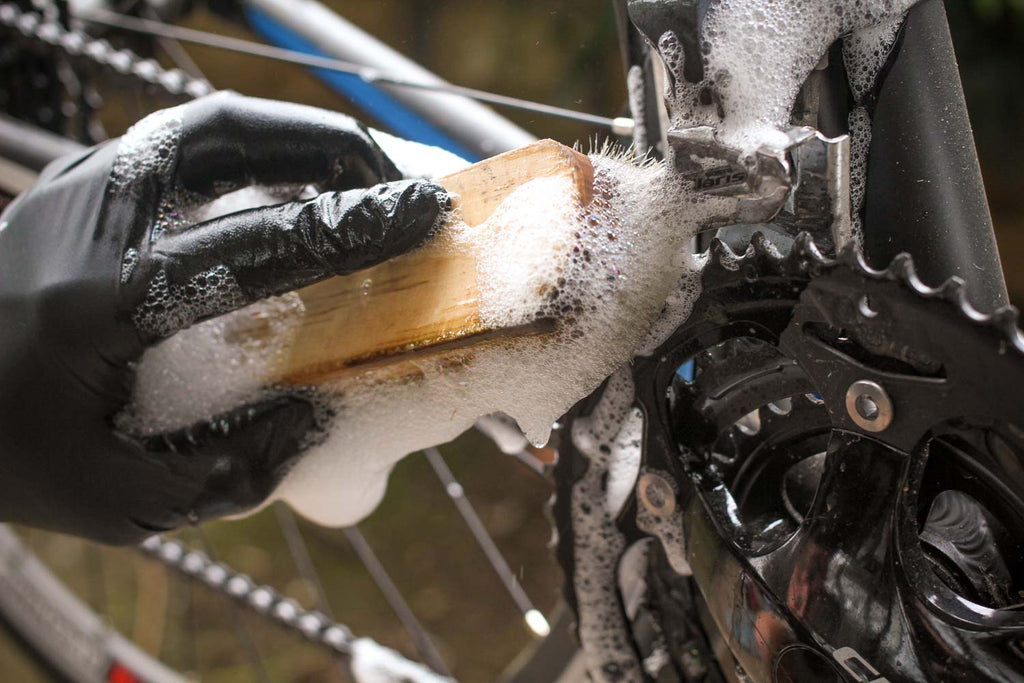
Spray a little degreaser and rub your chain, cassette and trays. Use a good chain cleaning product. Run the pedals while holding a cloth around the chain to remove the fat and gravel. Be sure to cover your brake rotor to avoid contamination. A simple tip is to use an old cloth for that. After rubbing, rinse everything with soapy water. We do not recommend the use of high pressure pipes; It is preferable to go slowly to avoid projecting lubricant or other liquids on brake rotors or the rest of the bike.
- Concentrate on the rest
Fill a bucket with soapy water. Exceptionally and when the dirt levels are important, you can use specific products for cleaning bikes or even a high density dishwasher soap. Start at the top of the bike and go downwards. Rub the entire bike with a sponge or with a soft bristle brush. If the frame is incredibly dirty, remove the wheels and wipe the fork and the rear triangle. Be meticulous and also rub the rims, hubs, rays and tires.

Then sprinkle the bike slightly using a pipe to gently rinse the remains of soap. If you don't have a watering hose, you can obviously use the bucket. Again, avoid using a high pressure hose. Finally, dry the frame and the components well and, when your bike is completely dry, lubricate your channel.
- Lubricate the chain
Now that everything is sparkling with cleanliness, you have to prepare to roll again. In other words, lubricate. Be sure to use a lubricant or grease adapted to your type of land and the season - dry or humid, for example. It is always important to apply the lubricant to the upper part of the chain, at the bottom of the cassette, and it is generally more practical to do it near the rear derailleur.

Be sure to put nothing on your disc brake and do not exaggerate on the quantities! Use a clean and dry cloth to wipe the excess. Any excess left on the surface will only attract more dirt and dirt. Do not use ordinary oil or lambda lubricant, but a specific bicycle lubricant.
Wheels and tires
The wheels of your mountain bike must turn freely around the hub without rubbing, touching or offending anything else. If the wheels do not turn freely, they must be repaired. Among the problems encountered are the broken or loosened rays, the worn hubs and, sometimes, damage to the rims.
The adjustment of mountain bike wheels is not a simple maintenance task and requires real know-how: be sure to call on a professional if you have never done it before. If the rim is cracked, it is unlikely that the wheel can be saved; Better to buy a new one.

Regarding tires, it is rather easy: identify the highly worn areas, possible cuts, tears or other damage. If a tire is damaged, buy a new one immediately. A worn tire will affect braking and steering, and a damaged tire will likely cause a puncture.
Pedals
Keep the automatic pedals clean and slightly greased, in particular the contact points where your hold and any internal or mobile part connects. The flat platform type pedals do not need to be greased outside, but must also be cleaned and slightly greased where they revolve around the crank.
What maintenance for a mountain baking shock absorber
Wipe the amounts and seals of your suspension and shock absorbers with a soft and clean cloth to eliminate dust and dirt. By keeping your fork and your clean shock absorbers, you will preserve them longer. Also try to check the air pressure and fork pressure every two months - or the equivalent of around thirty hours of use - at your favorite cycle store.

Brakes
Make a visual inspection of your brake pads to make sure they are not used. It must remain at least 3 mm of brake material. Turn the wheel to make sure there is no friction and that the rotor is straight. If you have noticed that your brakes grine, your rotor or your pads can be contaminated with oil. If this is the case, the best is to go to your local bicycle store to obtain help from a mechanic.
Speed change
If you notice that your speed change rubs a lot, or if it seems difficult or slow, it is probably time to replace your cables. As with the brakes, it is preferable for a beginner to entrust this part to a bicycle store, especially for internal passage cables. New cables will also require a new setting of the derailleur.

In conclusion, as a beginner, keep your mountain bike clean, your lubricated chain and your inflated tires. These basic maintenance tasks will allow you to keep your bike in the best conditions and spend hours riding on magnificent singletracks.






















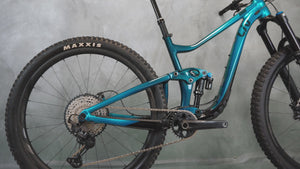

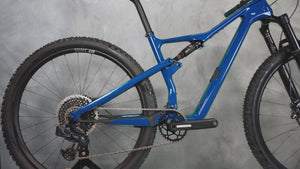

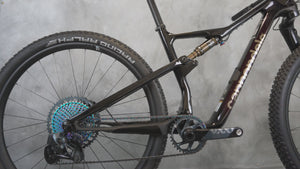

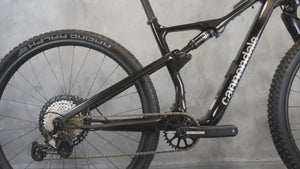

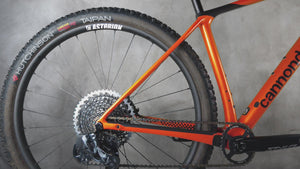

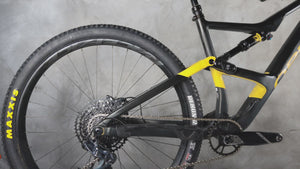

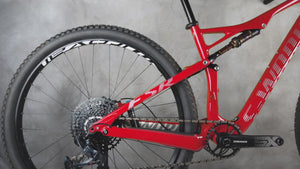

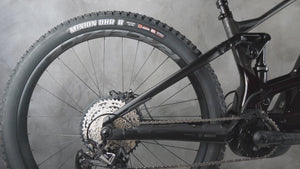

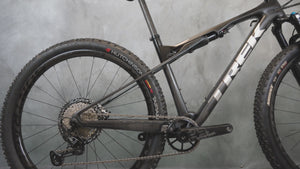

2 comments
A VTT l’usure de la chaîne est plus rapide que sur route car beaucoup solliciter vu la nature variée des terrains sur lesquels nous évoluons . Vérifiez l’usure avec un indicateur d’usure de chaîne ou bien en tirant un maillon vers l’avant au centre du plus grand plateau à différent endroit de la chaîne . Si la chaîne sort de la moitié des dents il faut la changer car après c’est la cassette qui va s’user plus vite . Ride Sage .
Merci beaucoup pour ces conseils,